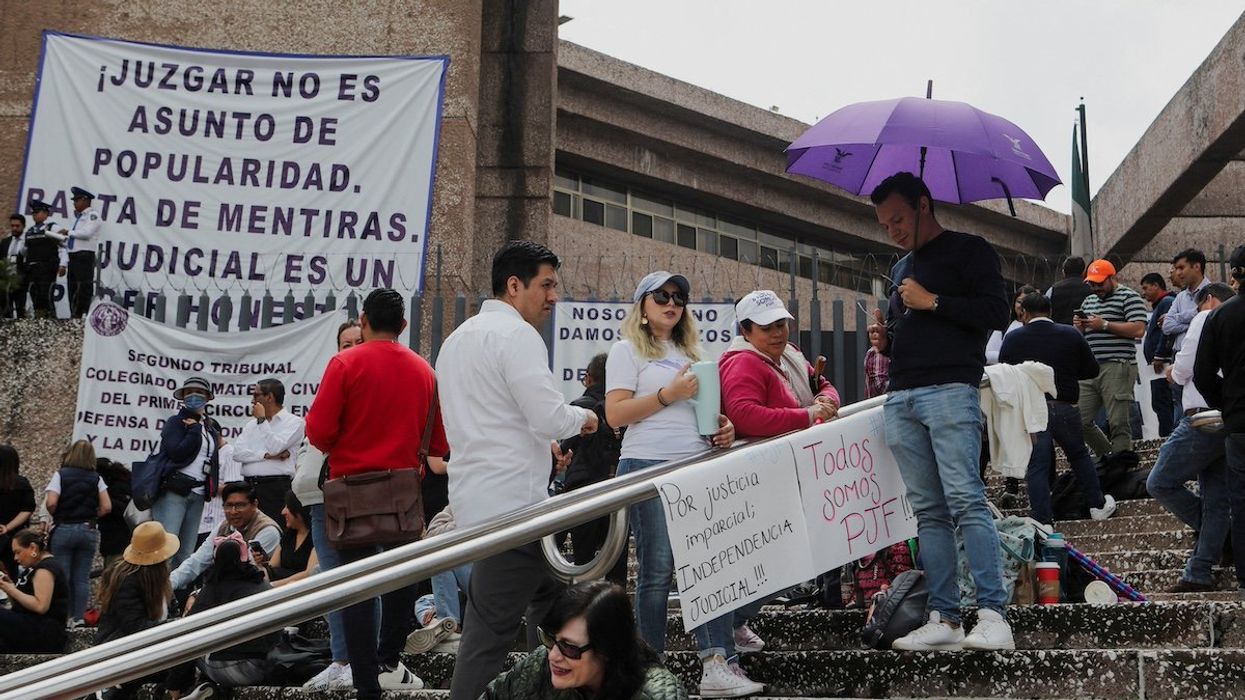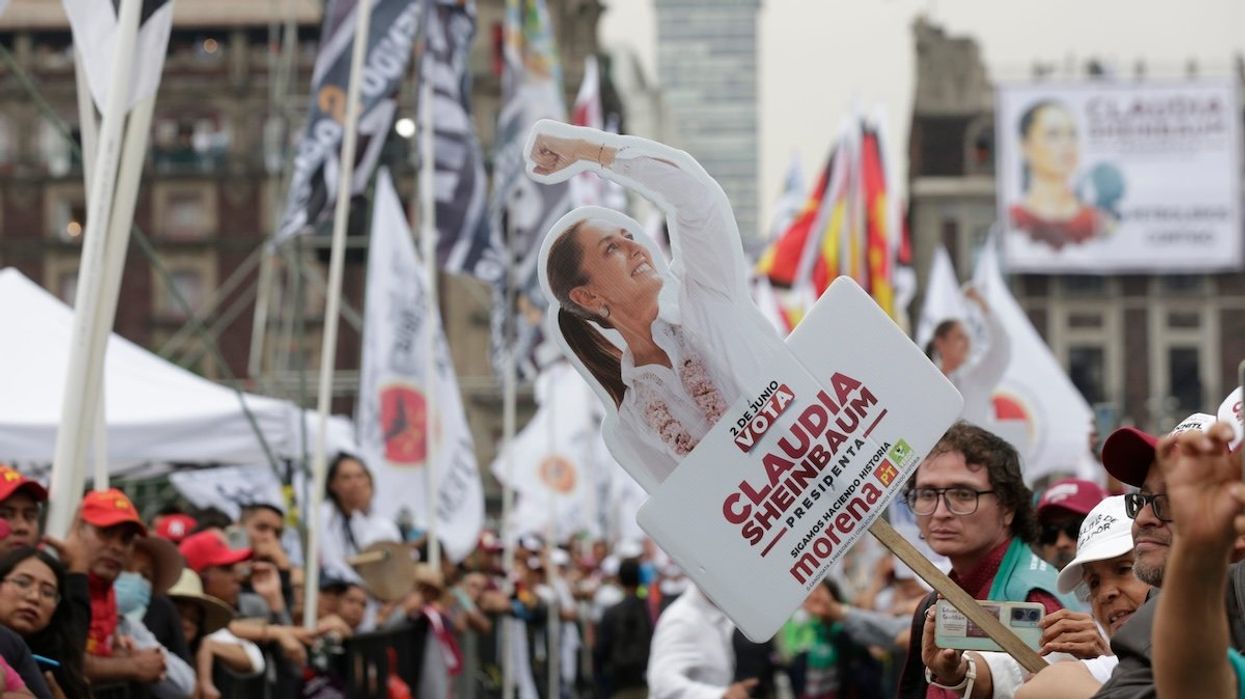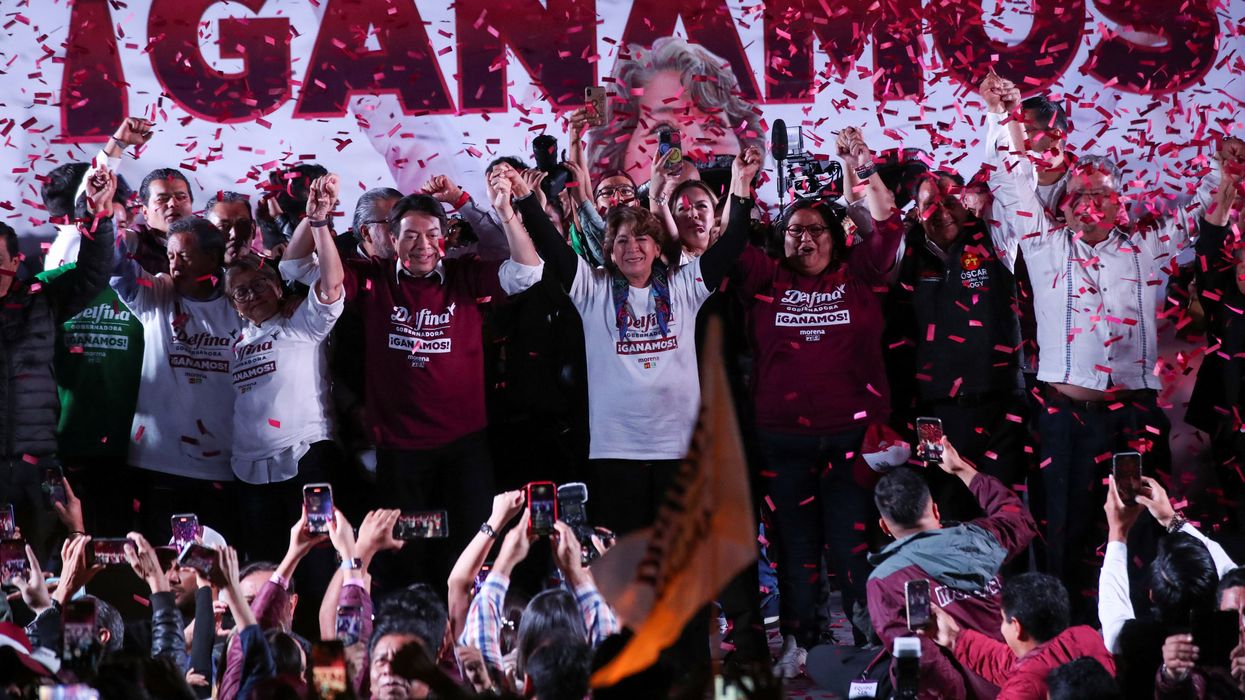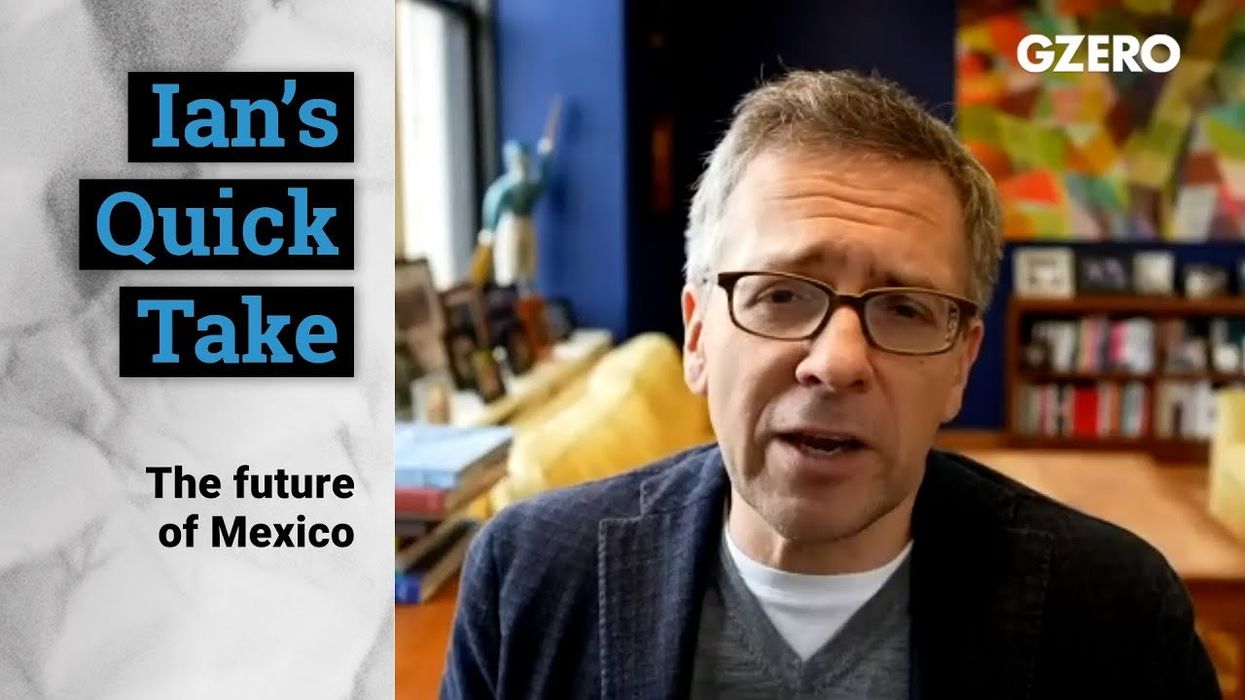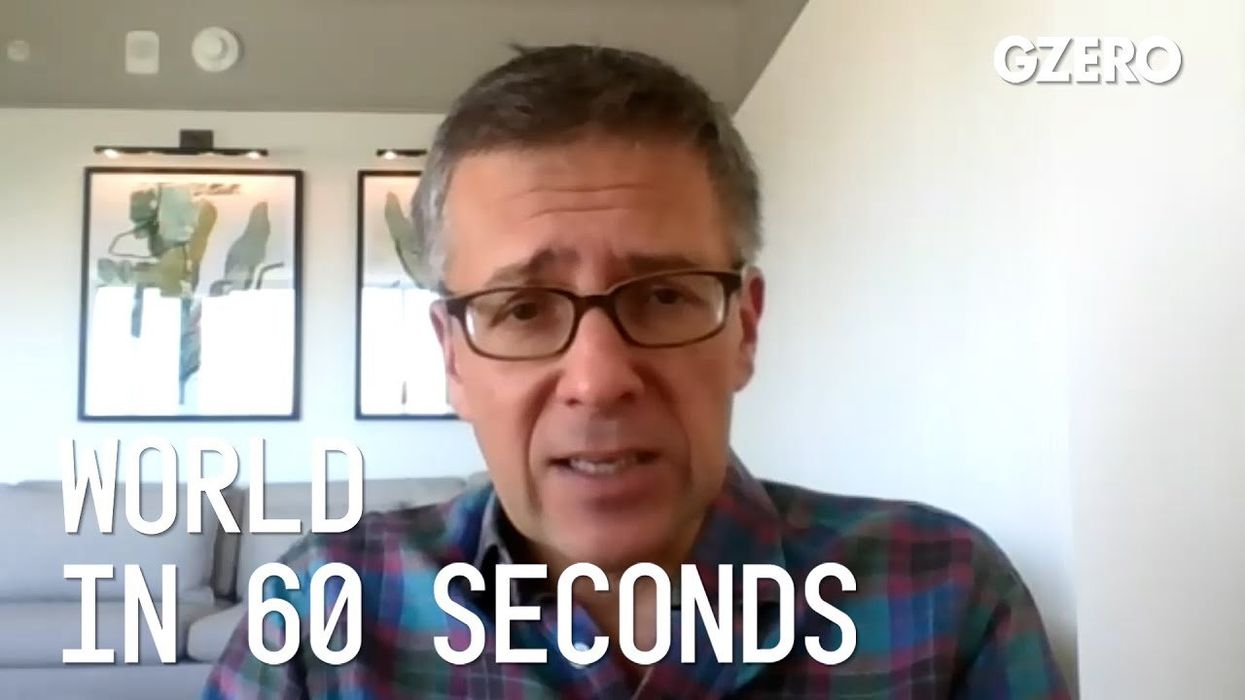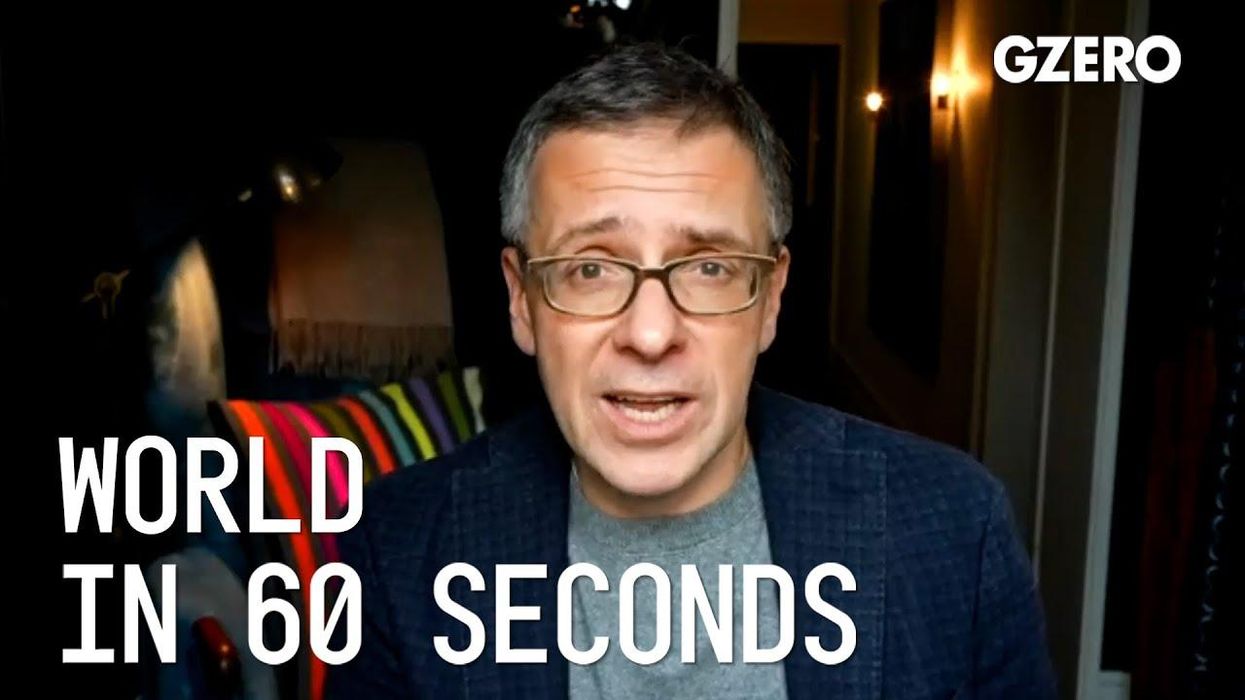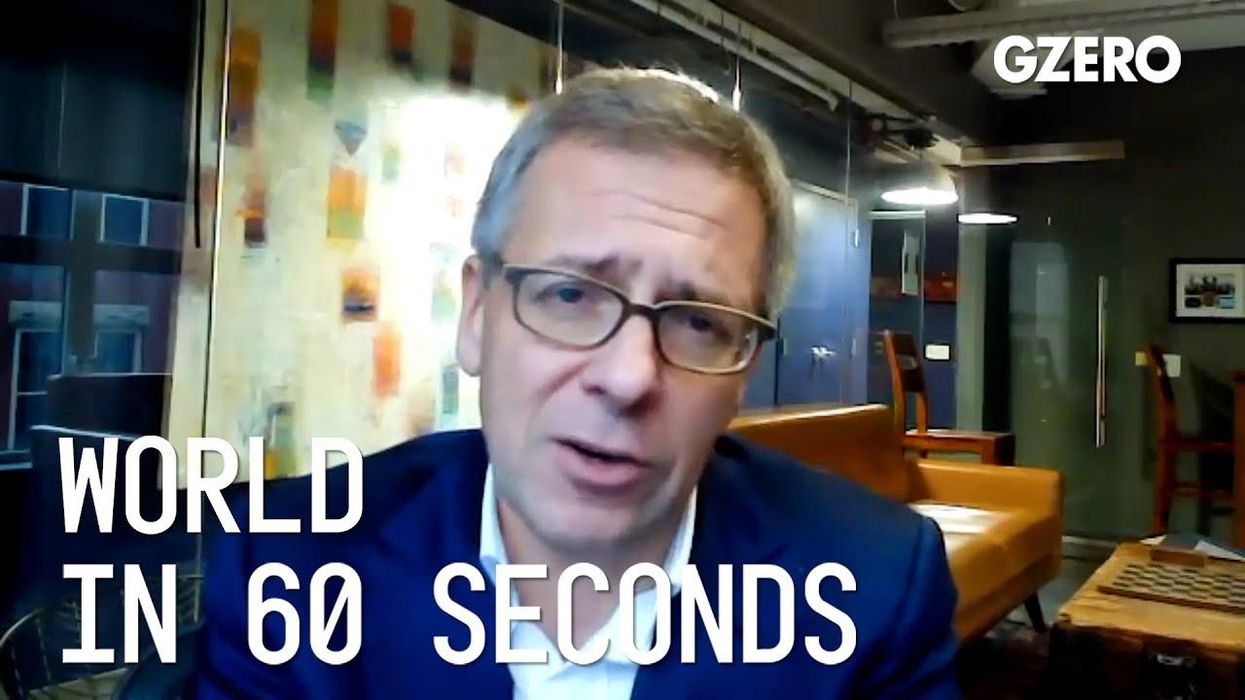What We're Watching
Mexico’s first female president takes the reins
Claudia Sheinbaum will be sworn in as Mexico’s first female president — and first of Jewish heritage — on Tuesday, succeeding the wildly popular Andres Manuel López Obrador, whose shadow hangs heavily over the prospects for her administration.
Sep 30, 2024



